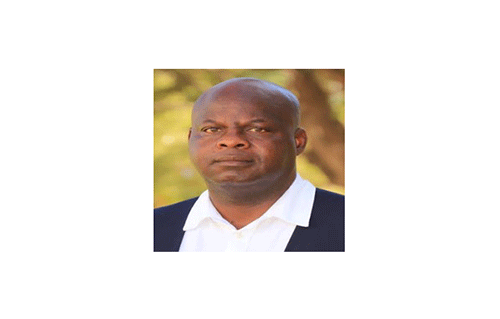Lucas Tshuuya
The first Article in the Namibian Constitution commands that Namibia is hereby established as a sovereign, secular, democratic, and unitary state founded upon the principles of democracy, the rule of law, and justice for all.
If one looks at events and practices occurring in Namibia one will infer that the old adage action speaks louder than words is factual.
This is so as incidents of corruption, maladministration, and flouting of governing rules are on the increase for almost close to the past two decades now. Recently, The Namibian newspaper reported that ex-SME Bank directors paid penalties to get off the hook.
This was in reference to persons who were appointed by the shareholder (the Government of the Republic of Namibia) to the directorship of a government-funded entity (SME Bank) whose main objective was to provide financial assistance to small and medium enterprises so that they can thrive thereby contributing to the gross domestic products (GDP) and create the much-needed employment and alleviate poverty.
It is also not clear who determined penalties to be paid by ex-SME Bank directors, on what terms and in which forum such determination was
made.
Generally, a penalty or a fine is imposed as punishment to someone who breaks the law, a rule or contract.
Furthermore, if one agrees to pay a penalty or a fine that means it is an admission of guilt or in other words guilty as charged.
The penalties paid by the directors through the liquidators are said to be as a result of recklessly trading and running of SME Bank thereby giving a Zimbabwean businessman free rein to loot close to N$200 million from the bank.
The Namibian Company Act prohibits a company from carrying on its business recklessly or with gross negligence with the intent to defraud any person or for any fraudulent means.
The Business and Intellectual Property Authority (BIPA) whose mandate is to promote the conduct and use of business and intellectual property in Namibia as well as to refer alleged offences to the relevant prosecuting or regulatory authority as Registrar supposed to issue a notice to SME Bank and ask them to show cause why SME Bank should be allowed to continue carrying its business or trade or risk being deregistered.
If you look at the composition of the ex-board of directors for the defunct SME Bank, you will see that most of them if not all have political connections to the power that be.
Since Namibia was founded under the principles of rule of law, one wonders why the law enforcement agencies such as the Namibian Police, the Anti-Corruption Commission and the Bank of Namibia did not press criminal charges against the perpetrators of this scandal but left everything to the liquidators who are now trying to negotiate and ultimately reached a settlement agreement with the ex-directors to pay back some money they earned from sitting allowance or by obtaining them through loans.
This is a weird trend and cannot be tolerated in a democratic state under the rule of law such as Namibia.
Normally, in criminal law there is no room for a settlement agreement, if one breaks the law, he/she should face the full wrath of the law and not to negotiate or pay fines to avoid the criminal justice process from taking its course.
In terms of common law, directors have a legal duty of care and skill, and such duty is essentially delictual in nature, meaning directors of a company may be held liable for breach of fiduciary duty, for any loss, damages, or costs sustained by the company as a consequence of direct or indirect reckless trading or running the business and affairs of the company.
In addition, the shareholders or members of a company should have applied to court to have the ex-directors of SME Bank be declared ineligible and disqualified from holding further directorship in any public entity and placed them under probation or declare them delinquent.
If the rule of law allowed to be superseded by the rule of politics, then we must forget economic order and justice for all.
What prevented the law enforcement agencies from pursuing culprits who whether direct or indirect caused the public money to be looted by few connected individuals?
Why were some of the ex-directors of SME Bank allowed to continue holding positions in public bodies while they proved and admitted to be ineligible to hold public office as they admitted guilt/liability when paid for penalties/fines imposed?
Why the main shareholder, the government of the Republic of Namibia did not apply to the court to have these ex-directors of SME Bank declared delinquent like is happening in neighbouring countries such as South Africa and Lesotho?
*Lucas Tshuuya is a legal practitioner of the High Court, he holds a Master’s degree in corporate laws from the University of South Africa. Catch him at
tshuuya@iway.na


